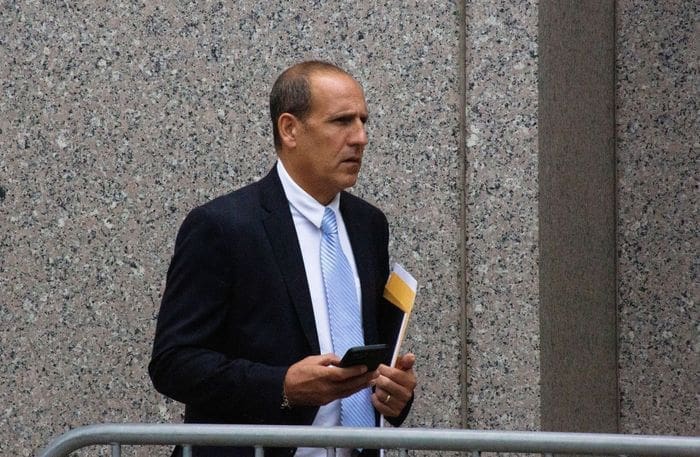On Thursday, a federal magistrate in Manhattan imposed sanctions against two attorneys who cited fabricated ChatGPT-generated legal research in a personal-injury case, penalising a blunder that made a New York firm a symbol of artificial intelligence gone wrong.

The judge imposed a $5,000 fine against the firm, Levidow, Levidow & Oberman, and two of its attorneys for using fraudulent AI-generated material in a legal submission on behalf of a man who claimed he was injured on an airline flight. The judge described the situation as unprecedented.
In his sanctions order, U.S. District Judge Kevin Castel stated that submitting false research wastes court and opposing counsel’s time, deprives clients of authentic legal arguments, and “promotes cynicism about the legal profession and the American judicial system.”
Separately, the judge dismissed the lawsuit on the grounds that it was filed too late.
Increasingly, law firms are experimenting with new artificial intelligence tools, but their improper use or lack of oversight can present risks.
In his ruling, Castel stated, “There is nothing inherently improper about using a trustworthy artificial intelligence tool for assistance.” Existing regulations, however, require solicitors to serve as gatekeepers to ensure the accuracy of their filings.

A federal judge in Texas recently ordered attorneys in his court not to use legal briefs containing artificial intelligence.
In the New York case, two plaintiff attorneys, Steven A. Schwartz and Peter LoDuca, submitted a document that cited several fictitious cases in support of their arguments that the litigation was appropriate.
Schwartz utilised ChatGPT by OpenAI while conducting research and composing the submission.
Since Schwartz was not admitted to practise before the New York court, LoDuca was the case’s official counsel. Schwartz stated he was unaware that the tool could fabricate cases, and LoDuca stated he had no reason not to trust his colleague’s research.
After the court and opposing counsel pointed out that the cited cases did not exist, Castel stated that the attorneys “doubled down” and stood by their legal research. During a hearing this month, he stated that when the phoney cases were read in their entirety, they were “legal gibberish.”

Levidow, Levidow & Oberman stated that it would comply with the court’s order but denied that any of its employees had acted in ill faith.
“We continue to believe that we made a good faith error in failing to believe that a piece of technology could invent cases out of thin air,” the firm said.
Schwartz and LoDuca did not respond to requests for comment immediately.

